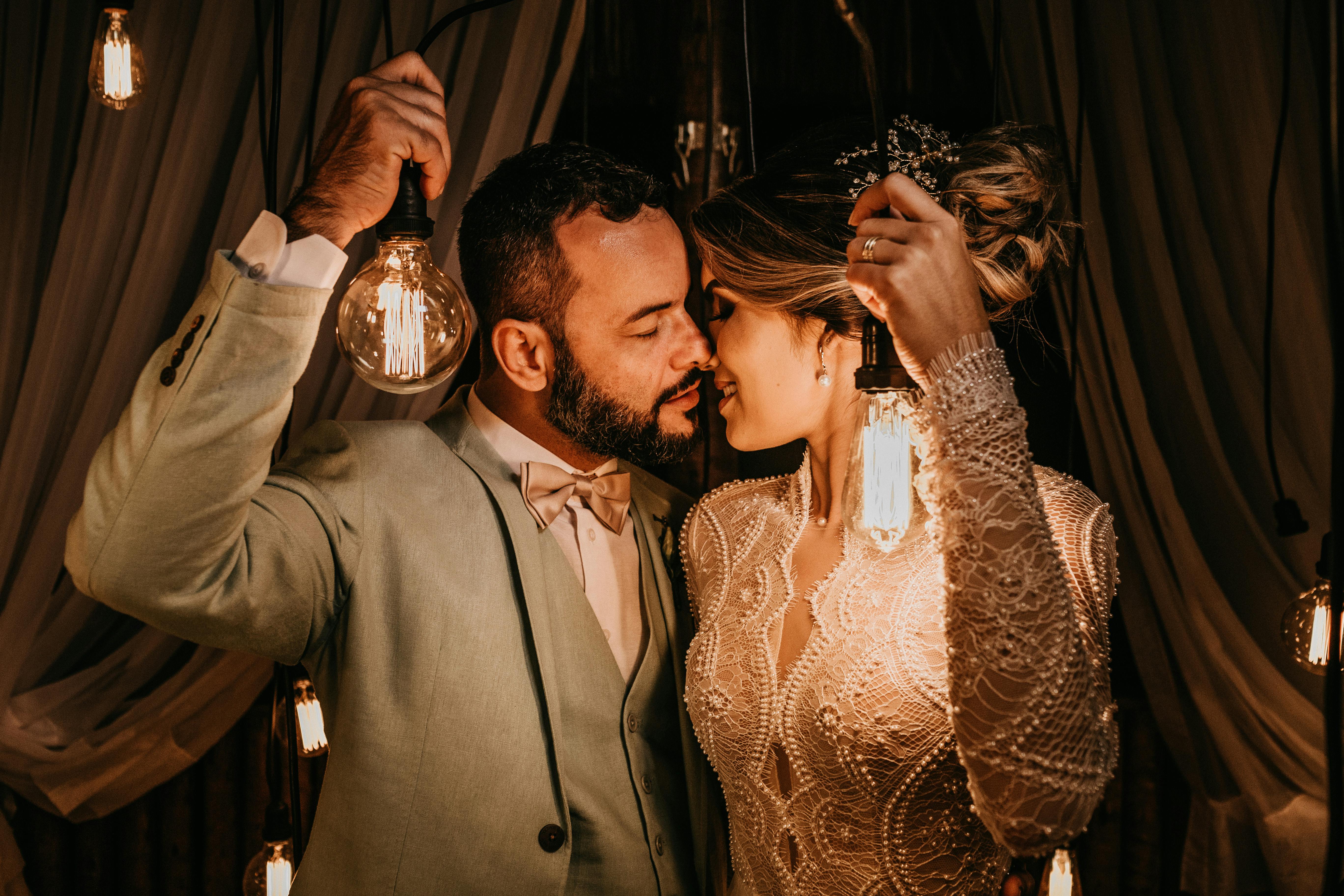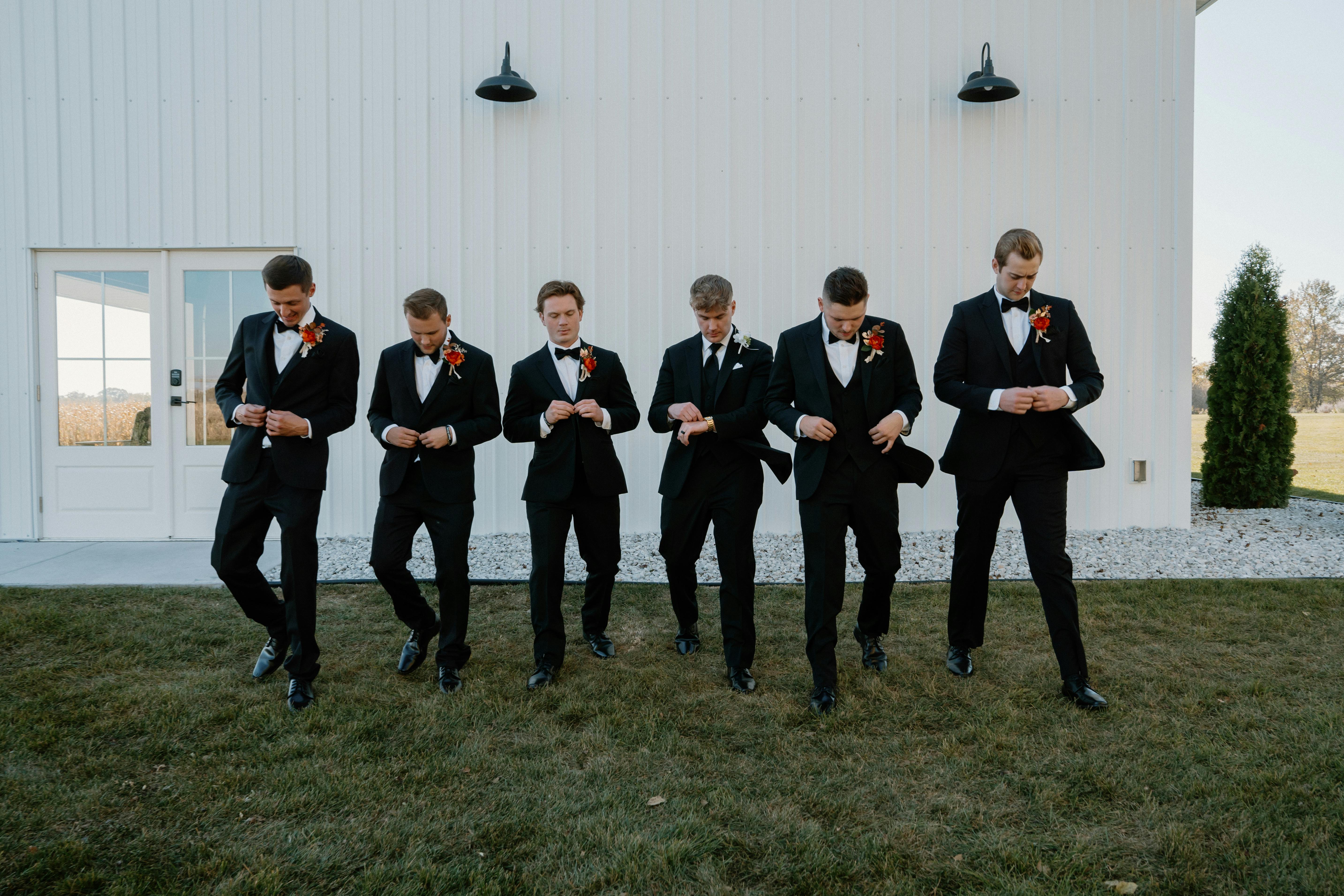What to Expect from Premarital Counseling: A Guide for Growing Together

For couples who are considering a future together, premarital counseling can be a significant decision. Whether you feel absolutely connected or want to make sure all the important conversations are getting checked off the list before taking the plunge, therapy can help you discover shared goals, and identify and start working on potential problems early.
Premarital counseling is a type of couples therapy geared toward newlyweds or those considering marriage that focuses on partnership skills such as the ability to communicate, work through common concerns and get on the same page about issues like values and life plans. It is not only for couples in crisis — in reality, it’s often most beneficial approached with a sense of curiosity and a mutual interest in growth.
The Benefits of Premarital Counseling
Clarity is one of the greatest gifts of premarital counseling. Therapist Nadia LeClaire says many of the married couples she sees later in life are grappling with problems that they side stepped before they got married. “People will either gloss over early red flags, or think they are something that will change after they have made the decision to marry. “This deepens our understanding and helps us work through these issues while we still can together premarital counseling may shed light on these before they become hurdles.”

When couples are in love, it’s easy to ignore the differences or assume things will work themselves out. But premarital counseling provides a reality check in a nonadversarial spirit. Sessions center on topics such as finances, intimacy, conflict resolution and long-term goals. It also ensures that partners will be able to hone their communication tools — skills they can use for years.
But there is also area for couples who are in perfect harmony. Counseling creates the opportunity to intentionally plan and learn new ways to support one another.
What to Expect During Sessions
The best time to start premarital counseling is before you set a wedding date. "If they’re able to take even six months to begin working on important issues together, the foundation they lay is often more firm than a rushed wedding," LeClaire explained.
Some couples show up with a clear idea of what they want to talk about, say communication struggles or furthering family traditions. Others come searching for a structured approach to getting ready for marriage. Either way, the counselor will facilitate discussions on:
- Family dynamics
- Finances and financial planning
- Intimacy and sexual expectations
- Careers and personal goals
- Parenting philosophies
- Religious or spiritual beliefs
- Handling holidays and traditions
Whichever one you’re hearing, you’ll also be asking questions about compatibility, honesty and emotional safety: Does your partner listen and respond with empathy? Do both of you feel free to express your needs? Are you able to find your way through conflict in a respectful way?

Cost and Accessibility
The cost of premarital counseling can come at a wide range depending on your location and how significant the therapist is. Typically, therapy costs between $125 and $175 an hour, and most couples undergo at least five sessions. There is the possibility that insurance will cover a portion of the cost, so you might want to check your coverage if cost is a concern.
How to Pick the Right Therapist
Finding the right counselor is important. Marcus Dean, a relationship therapist, encourages you interview a few before making a decision. You want someone whose style feels right to you and who has experience doing premarital work, in particular. Ask them about their process and what portion of their practice focuses on couples.”
Your first session should also be one in which you feel comfortable and heard. Go by instinct, a good therapeutic relationship will go a long way.
The Bottom Line
Pre-marital counseling is not about problem-solving—it’s about strengthening your connection through open discussions, shared goals, and learning how to communicate better. Whether you’re over the moon or have a sense of unease, this process is designed to help you and your partner go into marriage with a clear, confident head.


